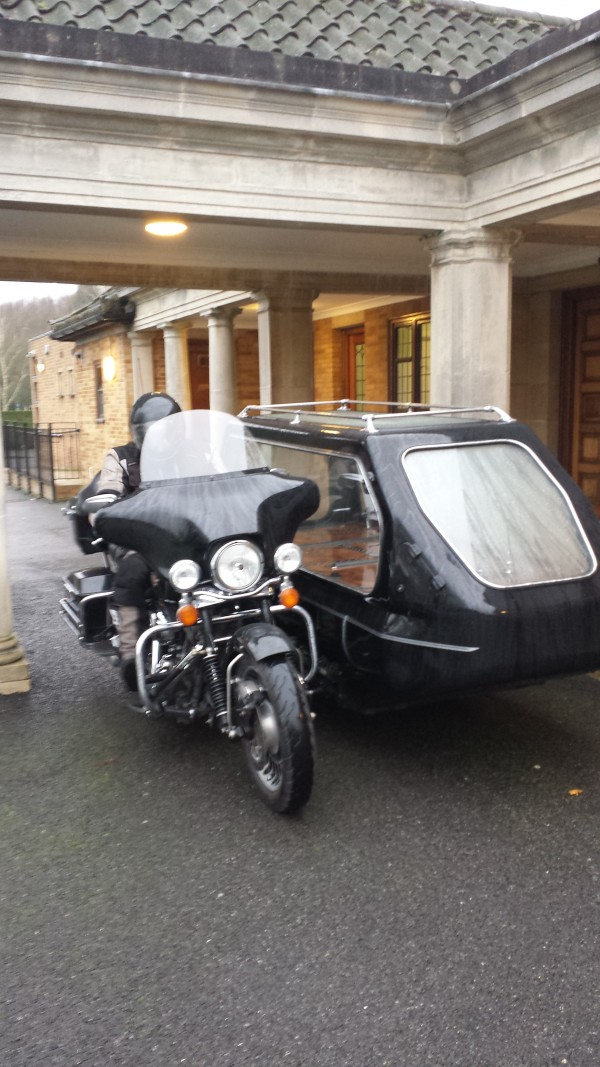Recently, I wrote about crucial decisions that affected wedding planning. I’d now like to look at life-or-death decisions.
By that I mean decisions relating to death.
It’s an understatement, but when someone dies, it can be an extremely difficult time for those left behind. Obviously, just as relationships differ, so will reactions. Many people will be experiencing emotions such as shock, anger, grief or confusion. It is at just such a time, when they’re at their lowest ebb, that they are expected to deal with the funeral (and, potentially, probate or a contested will, etc).
First Steps
In most cases, help is available. The GP or hospital doctor who signs the death certificate will normally direct you to your next port of call. This is often the Town Hall, where there is more paperwork waiting for you before the death can be registered.
Some Councils (have a look on Google) offer a package that covers everything in one place, and that can make things much easier.
Funeral Directors can normally give advice and guidance.
Funeral
Registering the death is a legal obligation. A lot of people may be surprised to learn that a funeral is not.
Most people will choose to have a funeral. This may be through choice,or because it’s ‘the done thing’. It may well be in order to achieve closure via a ceremony. You can actually – subject to certain legal regulations – bury your loved one in your garden, if you so choose. The point is that you don’t need to have anything done beyond disposing lawfully of the body. This may certainly save on Funeral Director fees, which can be really quite high.
Questions
Nonetheless, most will go with a funeral. Of course, you have to decide on a burial (standard or woodland?) or a cremation. The deceased may have left instructions. You may have strong feelings.
How big and grand do you want the funeral to be? What about the wake?

Fully, partly or not religious?
Another fallacy is that the funeral has to be fully religious. Or else, humanist.
What if the deceased totally rejected religion? What if the surviving family does? What if the deceased was agnostic? What if the family is of mixed religious faiths? In such cases, there is real scope for a civil celebrant.
A civil celebrant will visit the family and discuss the possibilities. They will be able to advise and offer suggestions. They will usually aim to make the service a celebration of life (although it will probably include serious and affecting readings and moments). The service will be tailored to your exact requirements and wishes.
Lots of issues to consider, but, as I’ve suggested, help is at hand.
I acknowledge that this article only scratches the surface of the life-or-death decisions, but I hope it raises questions that you may be glad you have faced.
